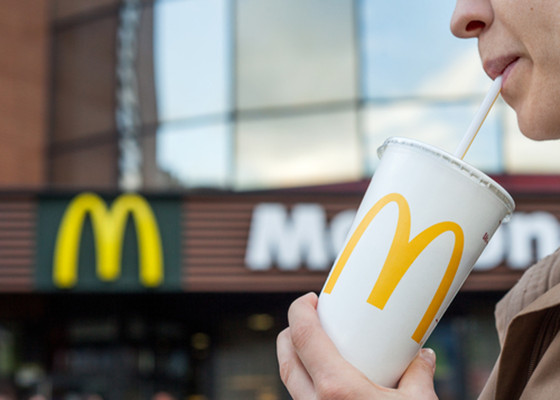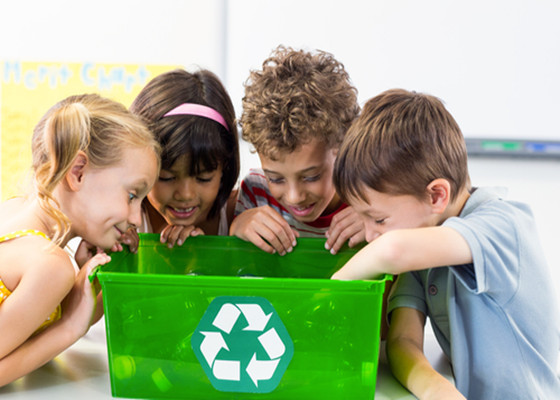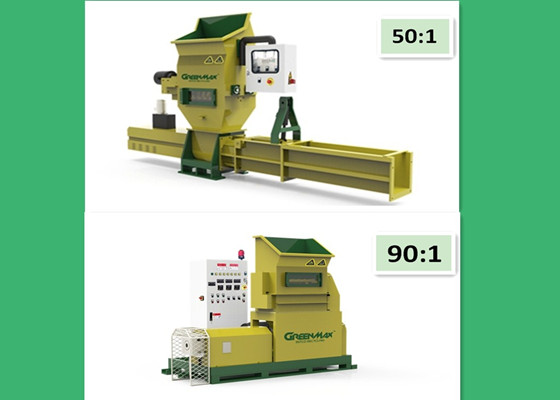Recycling waste EPS can create considerable economic benefits
McDonald's said its polystyrene foam products will be eliminated by the end of 2018. Before that, McDonald's moved from foam products to paper cups a few years ago.

As You Sow, a shareholder rights group with environmental concerns, recently submitted a resolution calling on McDonald's to assess the impact of EPS. A similar proposal was supported by nearly 1/3 the shareholders last year.
The fast food giant announced that it would stop using polystyrene worldwide. The company faced opposition from shareholders' rights groups.

McDonald's EPS resolution was launched in the context of a larger controversy. The municipal authorities also discussed the use of these materials.
Supporters insist that EPS is indeed "recyclable". But opponents believe that the actual situation is that this material is difficult to handle, nor conducive to large-scale recycling.
Unlike rigid PS, EPS is made up of about 98% of the air. Compared with other plastics, it is light in weight and large in size.
Actually, this material can be recycled with a recycling machine. EPS compactor will help you in polystyrene recycling, Styrofoam recycling and EPS recycling. The waste EPS can be reduced into small ingots or blocks and then be granulated into PS pellets to sell or to reuse to make picture frames. Thus achieving the goal of recycling and reducing the waste and this method is the most advanced of Styrofoam recycling or polystyrene recycling.

Recycling is an issue that has come of age in the world in the last decade. Because of recycling, waste EPS can create considerable economic benefits. A lot of countries have joined the recycling group, if you are interested, you are welcome to meet us.
